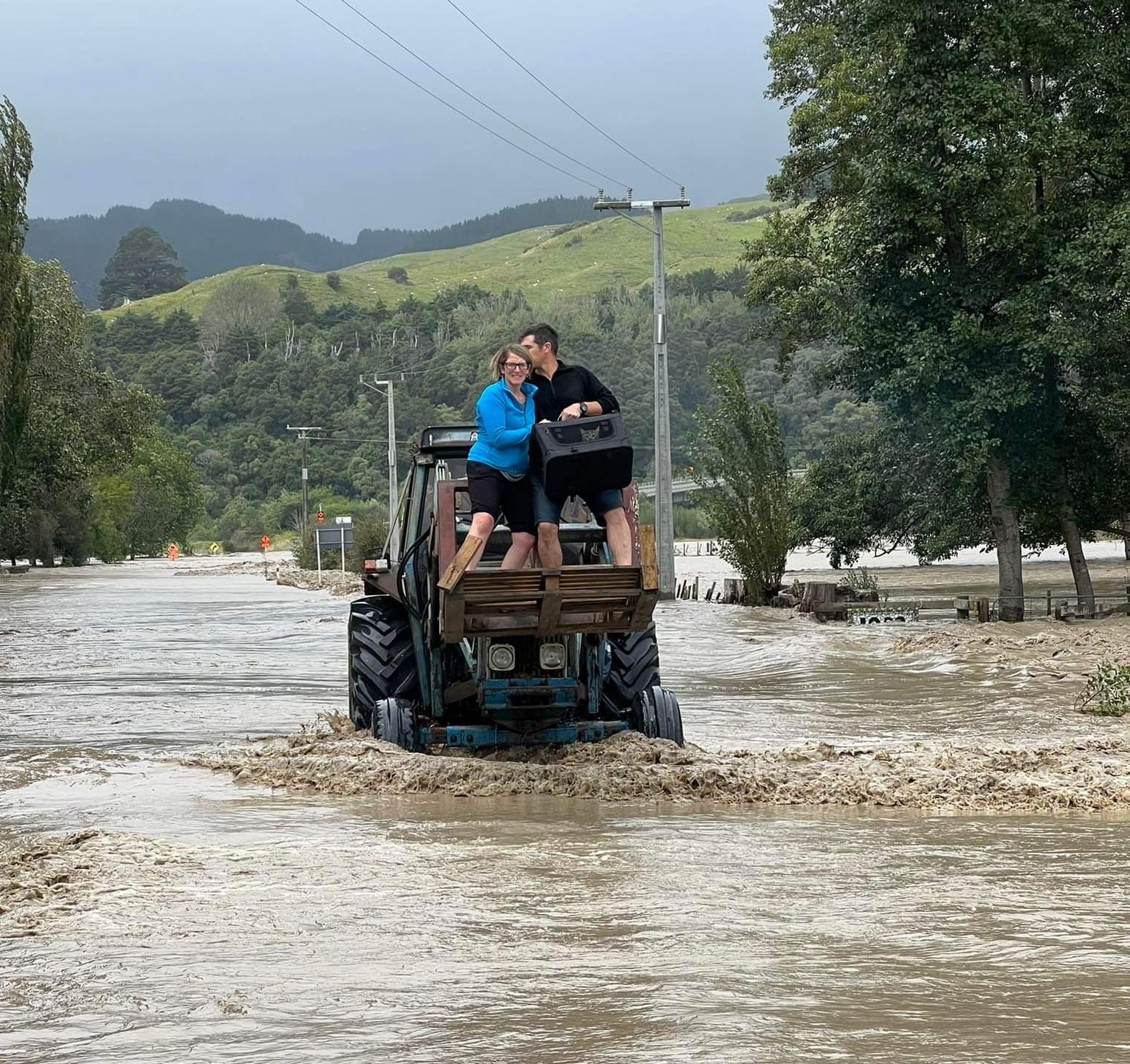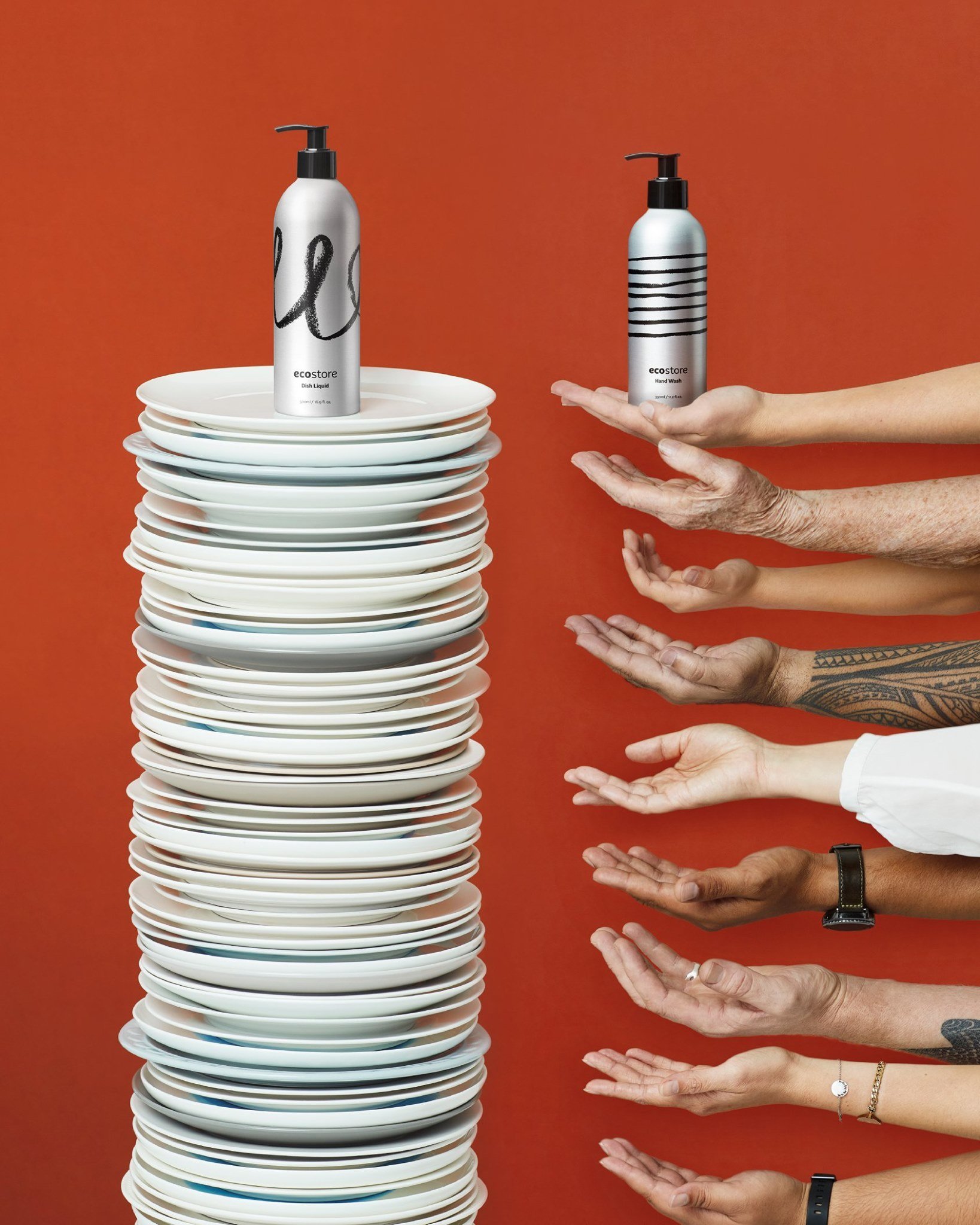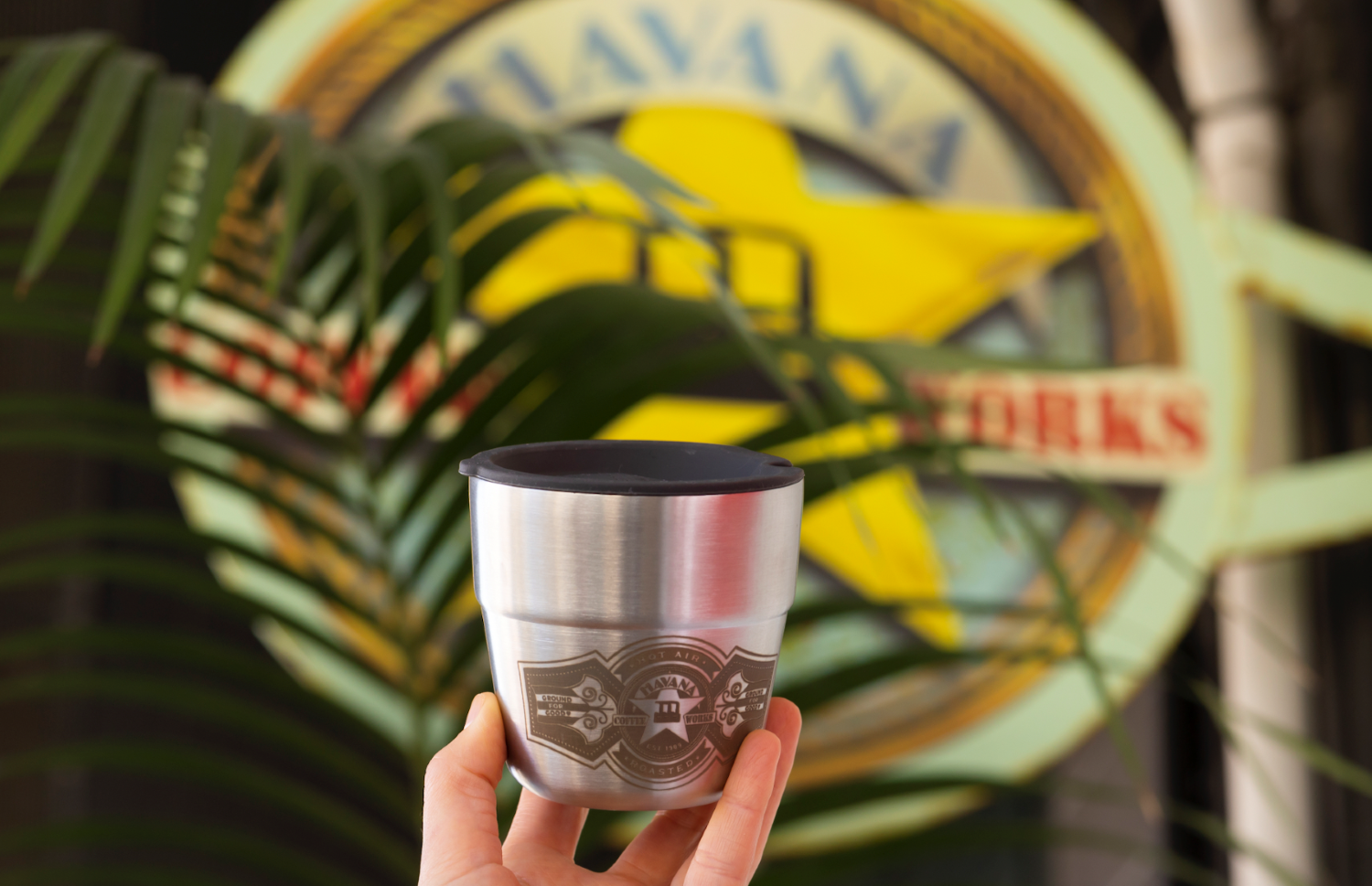In case you missed it online, sadly our house (and my home office) were flooded on Tuesday 14th Feb during cyclone Gabrielle. It was totally unexpected – we were only concerned about winds causing power outages – but unfortunately, the Pohongina river burst its banks and the water came up fast.
We are all safe and well and thankfully, all our animals survived. Here’s our property with all the paddocks covered, the house surrounded, the shed a metre deep in water and all the freshly split and stacked wood floating about. Not a pretty sight.

I feel incredibly grateful and so thankful for all the support that’s rallied around us. We’re devastated, of course, to have lost so much – but at the end of the day they’re only ‘things’. We’re so thankful to have had about an hour to lift up precious things, to get the cat and rabbits out and get ourselves safely up onto the roof. It’s certainly a surreal feeling watching dirty water rushing into your home and knowing you’ve just got to let stuff go – there’s no way to save it all.
I took this photo while up on the roof – at least the pool doesn’t need to be cleaned – I’m thankful for small mercies!

Volunteer firefighters made their way to us and a local farmer with his tractor rescued us on a pallet on his front forks. Certainly a memorable experience!
In the photo below you can just see the tops of my pink dhalias. They’re gorgeous ‘dinner plate dhalias and were gifted to me by a friend as bulbs. Now, a few weeks post-flood, they’re still standing, and so are we. They bring me hope and will always be extra precious to me now.

This next one’s my favourite image.
After having come through the deep rushing water, we’re up on the road surface almost to dry land.
Can you spot the cat? That face!

The first two weeks of cleanup went by in a blur. It felt like juggling several dozen balls at once (and some of them felt like boulders).
The hardest thing was convincing my brain to switch off at night so I was surviving on 2-3 hours of sleep. Not a great way to be. I’m so thankful to have got past that stage – and shared these 8 tips on Facebook and Linkedin last week (which I jotted down at the back of the school gala notice, as you do) on what I’ve been doing to cope during and post-crisis.
I hope they’re helpful to you or someone you know right now.

Yes, the book is still coming!
Ironically, I was about to sign off on the back cover of my upcoming book ‘Thriving Leaders, Thriving Teams’ at 4pm that day, but at 1.38pm I was up on the roof texting my designer to say we’d have to delay our catch up!
I’m still really passionate about seeing this book make a difference to help people thrive and to create thriving workplaces where people can flourish.
Seeing as I’m back into a temporary office now, I’m able to refocus on the book and even though it’ll be delayed by about a month, it’ll still be out this May. You can see all the details and pre-order a copy here if you’re interested. I’d love to get it in as many workplaces and as many hands as possible to really make a difference.
Here are a few of things the last three weeks have taught me:
1. You can let go of the things that don’t really matter
Nothing crystallises what really matters in life more than when some of your day-to-day comforts are stripped away.
It was surreal living out that ‘ice breaker question’ – what five things would you take with you if you had to leave your house in a hurry? Mine were our pets (the cat and the rabbits), our wedding albums, some sentimental jewellery, my laptop and of course each other – my husband and I. (Thankfully the kids were at school at the time.)
2. People are everything
We have an amazing supportive group of eight neighbours in our valley who have a messenger group which started during lockdown.
Since the flood day, they have been an incredible support. Four out of our eight homes were flooded and everyone’s faced different losses, in different ways – some losing hectares of land itself off their farms, others stock, others fences. We’re all very grateful to be alive and fortunate to have one another to walk this journey with.
Our chat group provided the only warning we had on the day. My neighbour, who lives closer to the river, sent a picture of water coming into her front paddocks asking if we thought it’d come much higher. I replied, “I don’t know, Morrie’s on his way over.” He took the ute and the dog and helped them get their 40 sheep and their horses over to a higher paddock.
A few minutes later, he phoned saying it looked like we were about to flood and I’d better free our stock to get to higher ground and start lifting things up. By the time he tried to drive back home, the water was already too high. Thankfully, he had the presence of mind to park the ute at the top of the hill. He then ran down and left the dog and car keys at the neighbours and found a calm patch of water to swim back to the house and made it back safely. It was pretty unnerving being alone in the house for half an hour or so, watching water coming up on all sides.
3. It really does work to pause and breathe in crisis moments
Once my husband was back and had strapped a ladder to the carport posts (so it didn’t wash away) we looked at each other, took a deep breath and had a 30 second ‘meeting’ in the hallway about what the plan was. We worked as a team getting photos albums into the roof cavity, wrestling the cat into her cat cage, lifting the entire rabbit hutch up on the kitchen bench, grabbing a few clothes for each of the kids, putting my laptop into a dry bag. We were relatively calm. It was good knowing we had our exit planned and we treated it a bit like a challenge and just did the best we could.
4. Prepare for the worst, hope for the best
The most unsettling moment was on the front of the tractor as we were about to head through the deepest stretch of water where the current was strongest (at the end of our driveway just before coming up onto the road surface). My husband leaned over and said, “If it all goes badly (i.e. if the tractor tips or stalls) I’ve got the cat. You just worry about you. Try to get to a tree and hold on.”
Gulp!
“Ok”, I thought, and we just prayed that the tractor would keep moving, which it thankfully did. Again – I’m just so grateful that we made it out safe and unharmed other than a few bruises and some scratches from the cat who, for some reason, didn’t appreciate our rescue efforts!
5. You’ve got to hold on to humour
Our neighbourhood chat group was a great source of info and practical support, but also a place to share laughter. One day Cherie messaged to say everyone had better get their hay out of the shed and spread it out to cool down (to prevent a fire combusting on top of everything!) Staci replied that her chickens had still been laying eggs in the hay barn and that it was so hot they’d been cooked!
Cherie replied that was a ‘crack up’ that her chicken both laid and cooked her eggs for her. I nominated Staci to bring the egg salad to the potluck that Sunday. (I also said I’d bring the ‘mudcake’ – an idea which got firmly rejected.)
These things may only have seemed funny to me at the time because of my sleep-deprived brain, but they certainly were a light during a very dark time.
We kept up the banter and jokes both in the chat group and with everyone who came to help with the clean-up. It is so true – sometimes you’ve got to laugh so you don’t cry. Laughter is a great emotional release and so needed in challenging times.
Sometimes all you can do is cry, and that’s ok too. Just be sure to surround yourself with people who will help you laugh again.
6. Even in crisis you can choose how to respond
Ironically, I had just recorded this interview on my regular Monday time-slot the day before about ‘staying calm’. Little did I know – I’d be reflecting on that the next day as I walked past the spot (where I always stand by my window for the best reception) and having to follow my own advice, to choose what to focus on.
We’re remaining focused on all the things we have to be so very thankful for and framing our conversations with the kids around the reality, even amidst the mud and devastation. Yes, you’ve lost all of those toys and books, and yes, we’ll be able to get new, different, more age-appropriate ones down the track.
At the end of this trying time, there’s definitely a light at the end of the tunnel, and wow – what an incredible resilience building experience this is and has been for us all as a family.
7. Saying “I wonder”, rather than “I hope” really does ‘work wonders’.
One tip I often share, is to lower our expectations by changing our language from ‘I hope…” to ‘I wonder…” There have been a mountain of decisions to make and so many things weighing on our minds. I’ve had to remind myself to say “I wonder” and let go rather than saying “I hope” and holding on to worry.
- I wonder how we’ll feed the stock now everything’s covered in silt?
- I wonder when we’ll get a loss adjustor assigned? (We’re still wondering about that.)
- I wonder if the car will be written off?
- I wonder if the house has asbestos?
- I wonder where we’re going to live?
- I wonder when I’ll sleep normally again?
- I wonder if we’ll get the kids to school on time?
- I wonder how long it will take to rebuild? (I’m still working on laying this one down.)
8. Love conquers all
It may sound cheesy, but above all, this experience has shown me how amazing people really can be. I’ve felt incredibly loved, supported and lifted up in prayer.
From the superstars who turned up on day one to help clear the mud (and speed packed my entire house for me in just a few hours so we could get the carpet out), through to those who’ve helped with successive working bees (to clear more mud and debris, dump damaged items into skip bins and many other heart-breaking/back-breaking, dirty jobs), to all the amazing people that have provided baking and meals, which we’ve absolutely needed at the end of another long, emotional day – thank you!
Words can’t express the gratitude I feel. I keep signing off all my texts and conversations with “I love you” because it’s the truth and I realise that we just don’t say it often enough.
The hardest thing, has been trying to find time – let alone the energy – to be present as parents, but thanks to all the support, we’re starting to eek out small moments every day and bringing back some normal routines, which has made a huge difference for the kids, and for us all.
My heart overflows with gratitude to each and every one of you that has helped.
A few final quick tips that you can easily action right now, just in case you ever need to leave your home in a rush:
- Know where your cat cage is and have it ready to go (ours was flat packed in the linen cupboard).
- Store your most precious items up high and somewhere safe (our wedding albums were on the bottom shelf of a bookcase – not ideal if we hadn’t had time to rescue them).
- Have a waterproof grab bag with jackets, shoes, water bottles, and torches ready to go (we didn’t, so we quickly put one together on the day). we also learnt gumboots are no good in a flood. Sport shoes are what you need.
- And lastly – if/when it all seems crazy, take a deep breath before you do anything.
Thanks for reading my story. I’m sure I’ll discover more learnings as I continue to reflect.
Sending huge love to everyone out there who’s been affected. I know that so many people are suffering much more than us.
Kia Kaha, Kia Maia, Kia Manawanui – Be Strong, Be Steadfast, Be Willing
To learn more visit my website.





